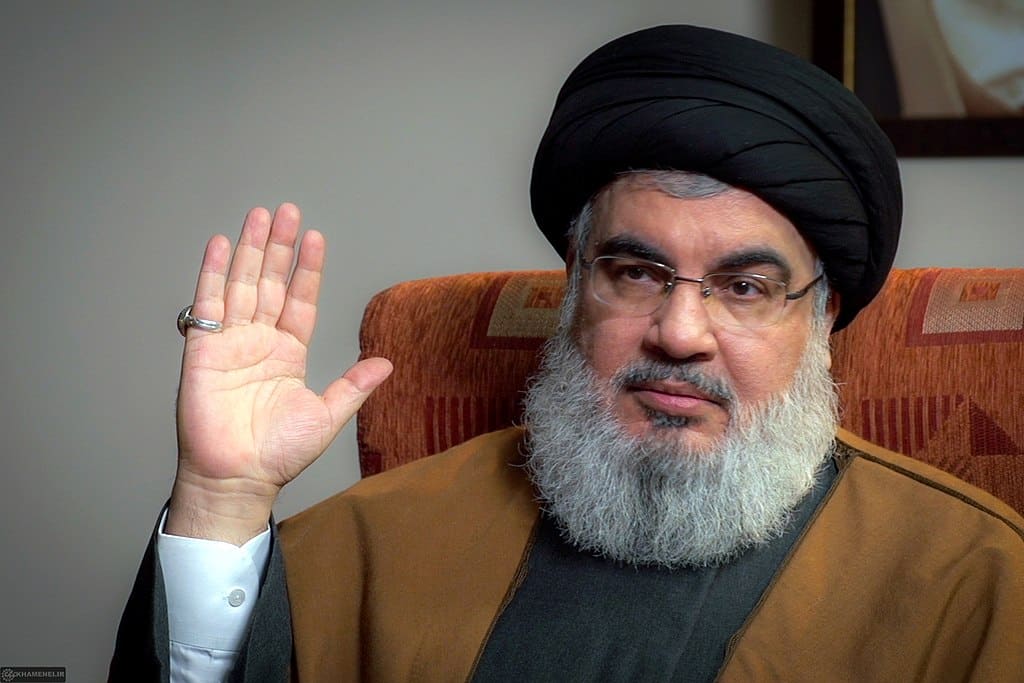BEIRUT, Lebanon — Hassan Nasrallah, the powerful and long-serving leader of Hezbollah, was killed in an Israeli airstrike in the southern suburbs of Beirut, the militant group confirmed on Saturday, September 28, 2024.
The targeted killing of one of Israel’s most formidable enemies marks a dramatic escalation in the conflict between Israel and Hezbollah, further inflaming the volatile situation across the Middle East.
The Israeli military said it conducted the airstrike on Friday, hitting a Hezbollah meeting in Dahiyeh, a stronghold of the group in southern Beirut.
The Lebanese Health Ministry reported that the strikes leveled six apartment buildings, killing six people and injuring 91.
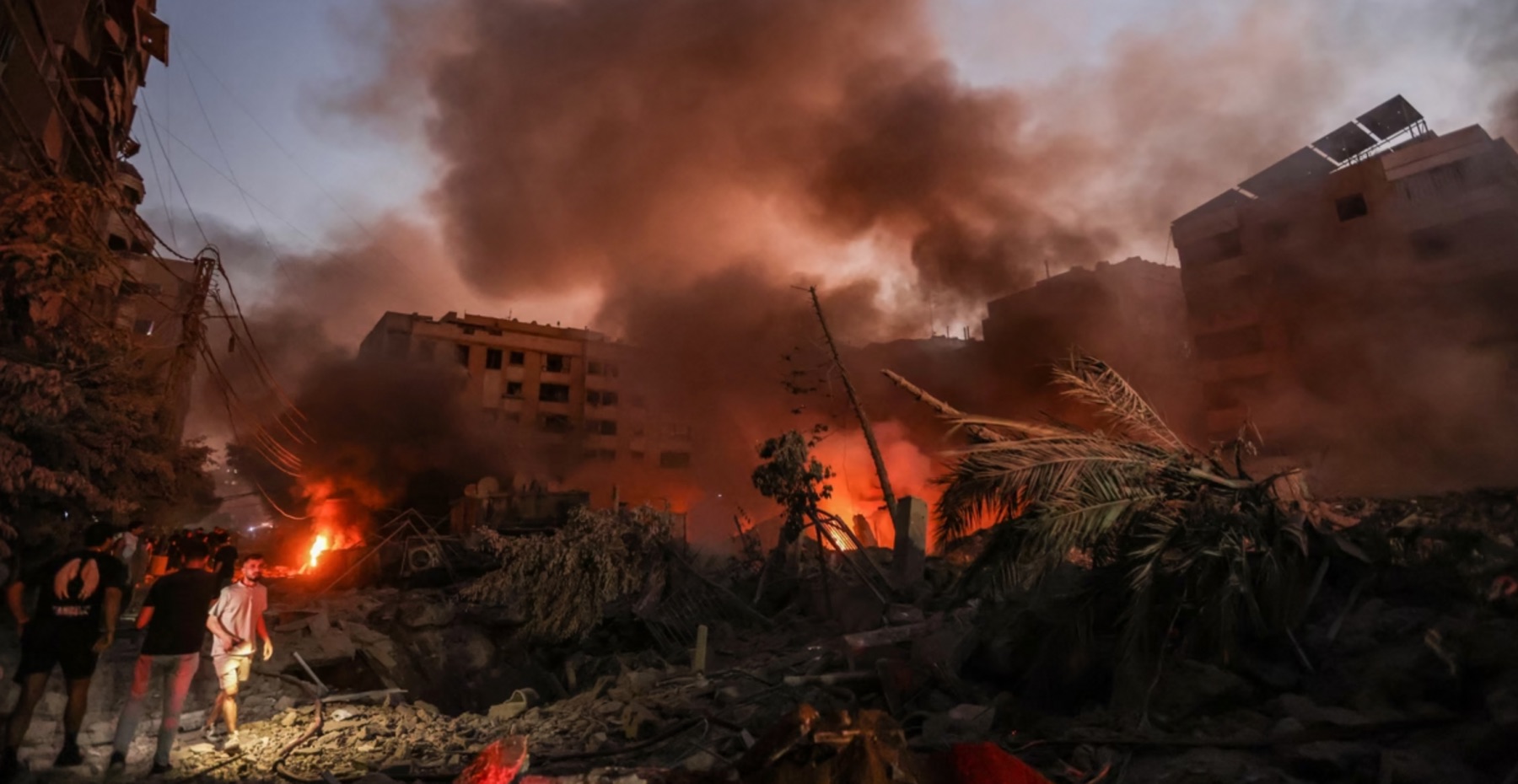
Among the dead were several Hezbollah commanders, including Ali Karki, the commander of the group’s Southern Front.
Nasrallah, a founding member of Hezbollah who led the group for more than three decades, was a dominant figure in both Lebanon’s political landscape and the wider region.
Revered by Hezbollah supporters but reviled by Israel, he had been on Israel’s kill list for decades due to his role in orchestrating attacks against Israeli and Jewish targets.
Israeli Prime Minister Benjamin Netanyahu hailed the airstrike as a major success.
“He wasn’t another terrorist. He was the terrorist,” Netanyahu said in his first public remarks after Nasrallah’s death.
He emphasised that Nasrallah’s killing was a critical step toward achieving Israel’s security goals, adding, “There is no place in Iran or in the Middle East that Israel’s long arm cannot reach.”
Hezbollah, backed by Iran, vowed to continue its struggle against Israel, declaring that Nasrallah “has joined his fellow martyrs.”
The group also reaffirmed its commitment to what it calls the “holy war” in support of Palestine.
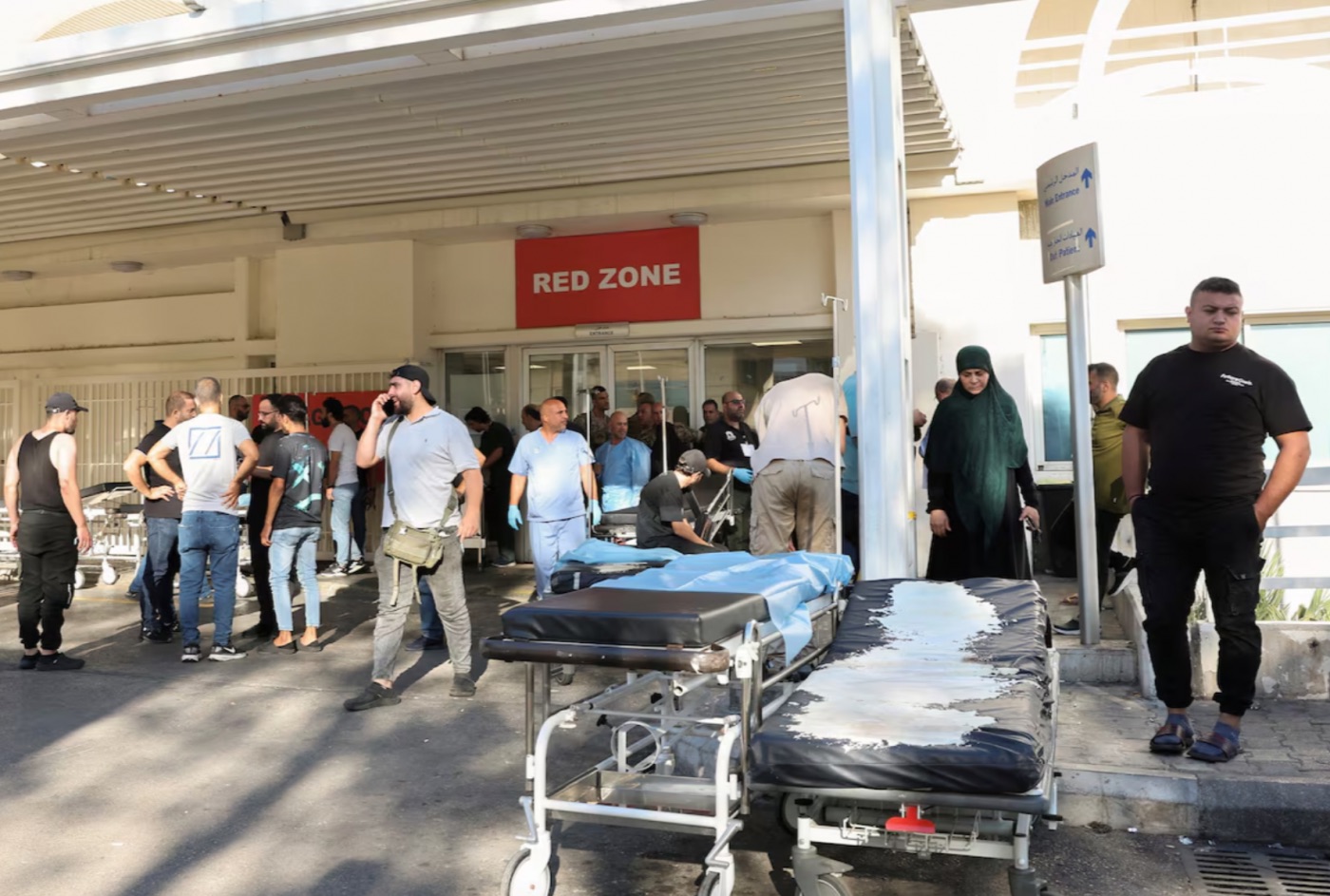
Unrest and Mourning in Lebanon
News of Nasrallah’s death sparked widespread unrest across Lebanon, where Hezbollah wields significant influence. In the southern city of Baabda, residents fired guns into the air as an expression of grief and defiance.
“Wish it was our kids, not you, Sayyid!” cried one woman, clutching her baby and using an honorific title for the fallen leader.
“We don’t believe he is killed,” said a tearful woman draped in black to the Hezbollah-affiliated Al-Manar TV channel. “We left our homes and came here for him and for the resistance.”
The streets of Beirut’s southern suburbs were largely empty on Saturday, filled with smoke from overnight airstrikes.
Shelters were overwhelmed by displaced families, and many were forced to sleep in cars, public squares, or even on beaches.
The roads leading into the mountains above Beirut were filled with people fleeing, some on foot, carrying infants and a few personal belongings.
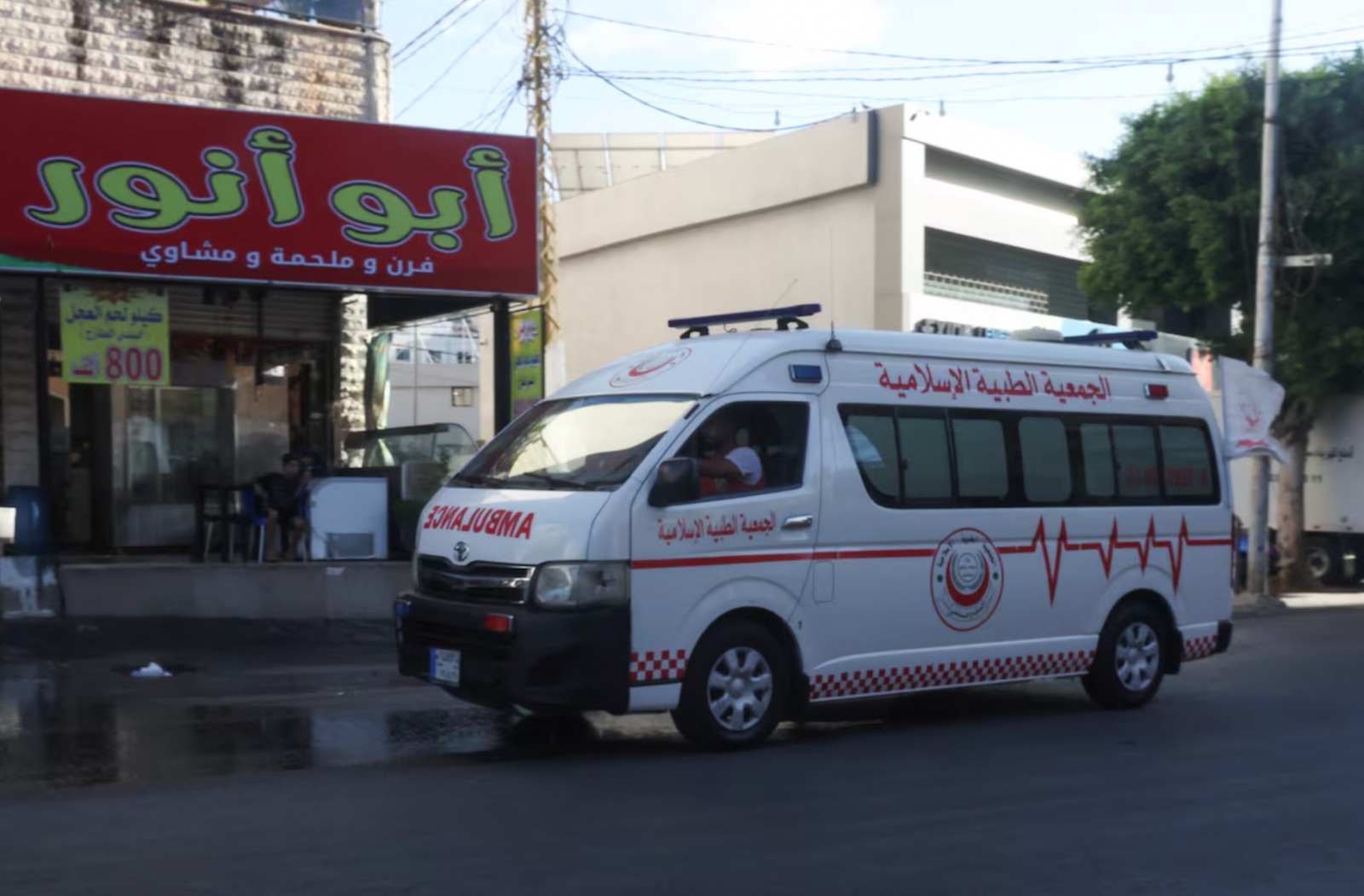
Regional Reactions
Hezbollah’s key regional allies reacted swiftly. Hamas, the Palestinian militant group, sent condolences, stating, “Assassinations will only increase the resistance in Lebanon and Palestine in determination and resolve.”
In Iran, Hezbollah’s primary backer, Supreme Leader Ayatollah Ali Khamenei declared five days of mourning, calling Nasrallah “the flag-bearer of resistance.”
Hundreds of protesters took to the streets of Tehran, waving Hezbollah flags and chanting “Death to Israel” and “Death to Netanyahu the murderer.”
Iran’s U.N. Ambassador, Amir Saeid Iravani, submitted a formal letter to the United Nations Security Council, calling for an emergency meeting to address the airstrike.
He warned Israel that Iran would not hesitate to take defensive measures under international law, should further attacks occur.
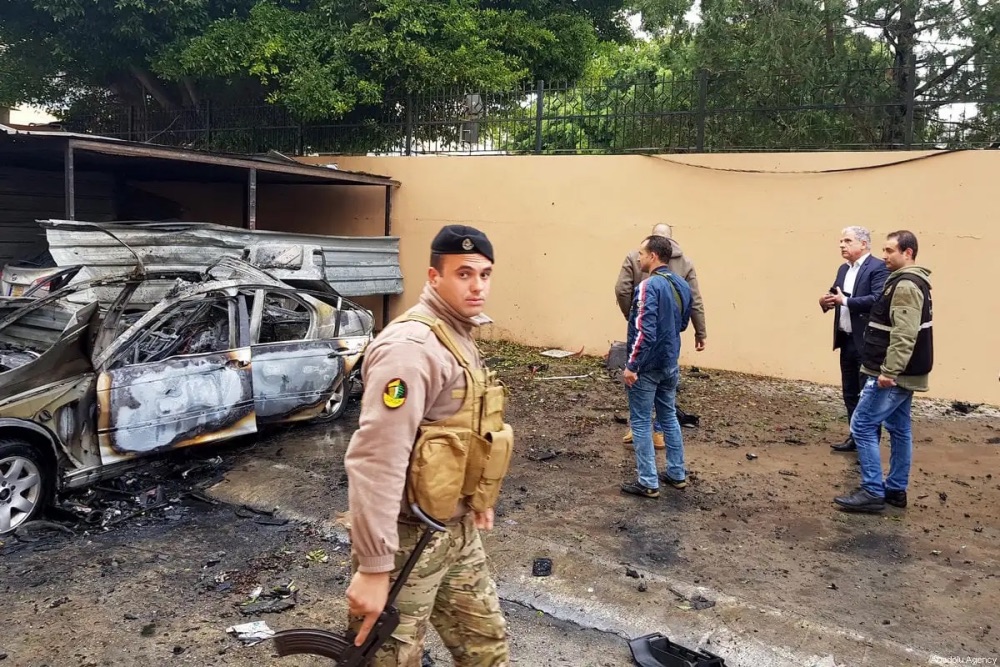
A New Phase in the Conflict
Hezbollah has been involved in increasingly frequent cross-border strikes with Israel since Oct. 8, following Hamas’s unprecedented attack on Israeli civilians, which left over 1,200 dead and 250 abducted.
In retaliation, Israel has ramped up its airstrikes, targeting Hezbollah positions in both southern Beirut and eastern Lebanon’s Bekaa Valley.
Israel’s Chief of Staff, Lt. Gen. Herzi Halevi, signaled that Nasrallah’s assassination was part of a broader strategy, calling it “not the end of our toolbox.”
Defense Minister Yoav Gallant described the strike as “the most important targeted strike since the founding of the State of Israel.”
On Saturday, Israel mobilized additional reserves and launched more than 140 airstrikes against Hezbollah targets in Beirut and the Bekaa Valley.
In response, Hezbollah launched dozens of rockets deep into northern and central Israel, further escalating the conflict.
Air raid sirens sounded across Israeli cities, and the U.S. State Department urged American citizens to leave Lebanon.
Israeli military guidelines now prohibit gatherings of more than 1,000 people due to the heightened risk of missile attacks.
As tensions continue to rise, the death toll in Lebanon has mounted, with 1,030 people killed in Israeli strikes over the past two weeks, according to the Lebanese Health Ministry.
Displacement has also surged on both sides of the border, with more than 200,000 Lebanese and approximately 60,000 Israelis forced from their homes in the conflict’s latest phase.
A Region on Edge
With the death of Nasrallah, the Middle East stands at a dangerous crossroads. While Hezbollah has vowed retaliation, Iran faces pressure to respond without provoking a broader regional conflict.
Analysts warn that any Iranian retaliation could draw both the U.S. and Israel into an even wider war.
In the words of Thomas Juneau, a professor at the University of Ottawa’s Graduate School of Public and International Affairs, “Iran understands that its military options are limited, given the conventional military superiority of Israel and the U.S.”
Yet, with both sides preparing for further escalation, the situation remains perilously close to spiraling into a more widespread conflict.

